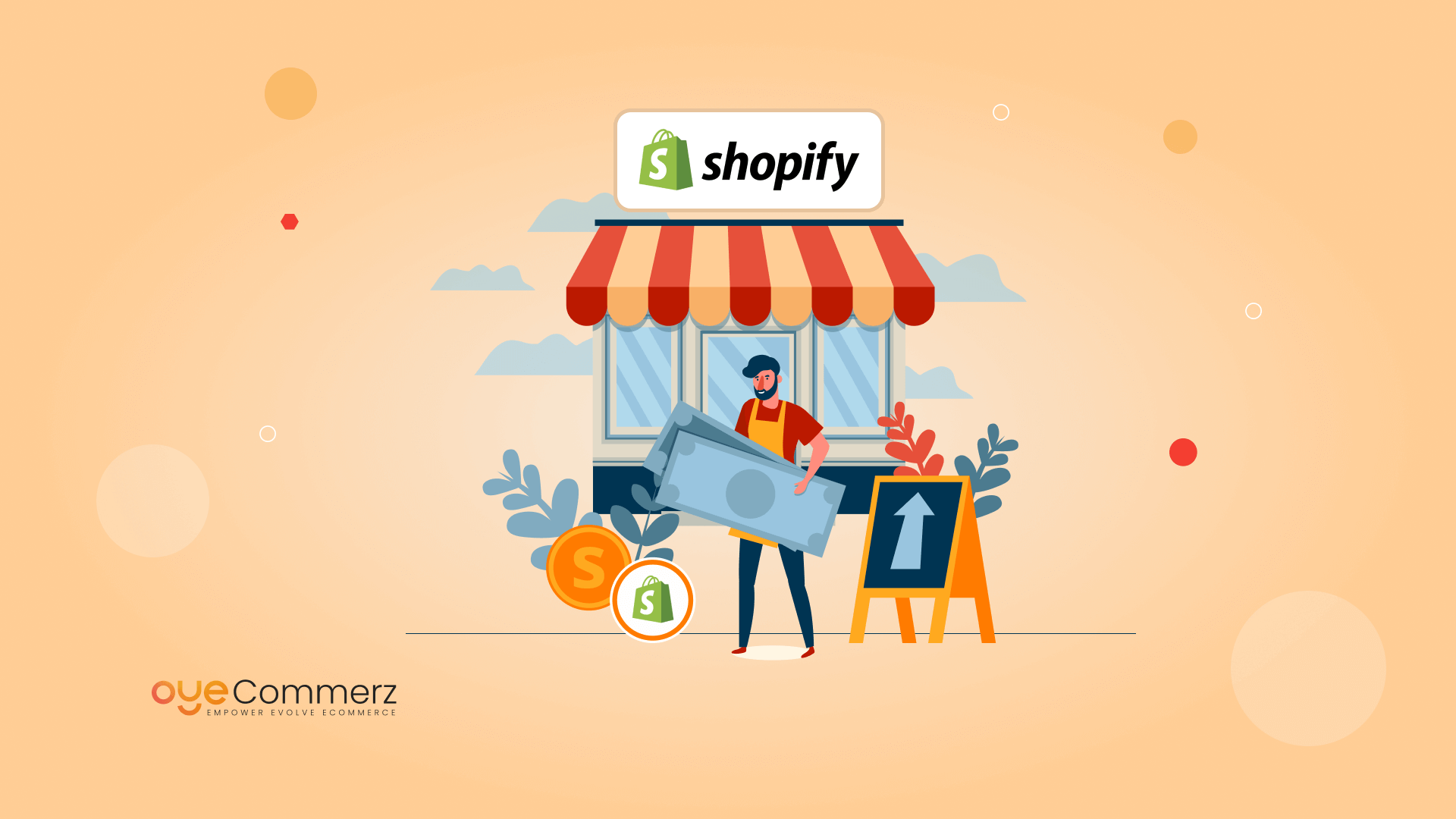Introduction
In the current competitive e-commerce environment, standing out is essential, and a top method to differentiate a Shopify store is through tailored app development. A robust Shopify app can enhance store capabilities, streamline operations, and elevate customer interaction. This guide delves into key elements of Shopify app development, from API integration to growth techniques and digital marketing approaches, providing a roadmap for businesses looking for unmatched store efficiency.
The Importance of Shopify API Integration
Shopify’s API offers robust tools to customize and expand store functionalities. With GraphQL and REST APIs, developers can retrieve information to build applications that manage inventory management, order processing, and customer information management smoothly. Using Shopify’s API can lead to better workflow automation and allows stores to serve customers more efficiently.
Utilizing the Polaris Design System
Polaris is Shopify's set of design guidelines for designing user-friendly and accessible Shopify apps. By adhering to Polaris guidelines, developers guarantee that apps integrate smoothly within the Shopify Admin experience. This ensures a cohesive appearance that resonates with Shopify merchants, promoting ease of use and comfort for merchants utilizing your tailored app.
Navigating the Shopify App Ecosystem
The Shopify app ecosystem provides numerous opportunities for improving online stores. From managing fulfillment processes to boosting customer interaction, apps in this ecosystem are designed to meet various business requirements. Learning about this system assists developers in identifying unique app ideas and enables seamless integration of third-party services that add value to the store.
Building Embedded Shopify Apps
Embedded apps work seamlessly within the Shopify Admin, providing a smooth interface for merchants. They ensure that merchants do not need to navigate away from their Shopify control panel, streamlining their workflow. Employing Shopify App Bridge and embedded app features is recommended for providing a cohesive, integrated user experience.
Leveraging Node.js and React for Shopify Development
The technologies Node.js and React have Shopify performance upgrades become top options for Shopify app creation. Node.js enables efficient back-end services, while React enables dynamic, responsive front-end user interfaces. Combined, they provide an excellent framework for building fast, growth-ready Shopify apps that enhance store performance and customer interaction.
Webhooks in Shopify Apps
Webhooks allow real-time data updates between Shopify and an outside application. They trigger events such as new orders or stock changes and send instant notifications to your app. By implementing webhooks, apps can provide up-to-date information to store owners, streamlining workflows and boosting productivity.
Customer Engagement and Digital Marketing for Shopify Apps
To make a Shopify app successful, connecting with users is key. Using digital marketing strategies like SEO, email marketing, and social outreach can drive app adoption. Additionally, creating applications with customer engagement in mind (e.g., loyalty programs or personalized suggestions) increases user loyalty and satisfaction.
Scaling Your Shopify App
As e-commerce businesses grow, so do their technology requirements. Making sure that your app can scale to handle higher usage, larger data sets, and more complex functionalities is critical. By improving server resources and using scalable solutions, you can develop apps that grow in tandem with a store’s success.
Essential Features and Maintenance for Shopify Apps
For an app to be useful, it should offer key capabilities like user login, analytics dashboard, and customer support options. Regular app upkeep, with updates to fix bugs and compatibility checks with new Shopify functionalities, is important to maintain uninterrupted performance and prevent disruptions to merchant workflows.
Summary
Custom Shopify app development holds vast potential for e-commerce businesses, offering the chance to improve performance, simplify operations, and foster Shopify custom app customer loyalty. With API integrations and Node.js to ensuring scalability and customer interaction, creating a Shopify app involves careful planning and well-planned actions. If you’re prepared to elevate your e-commerce experience, a tailored Shopify application may be the ideal choice. What features do you envision for your dream application? Share your thoughts and begin the journey to an enhanced e-commerce experience!
